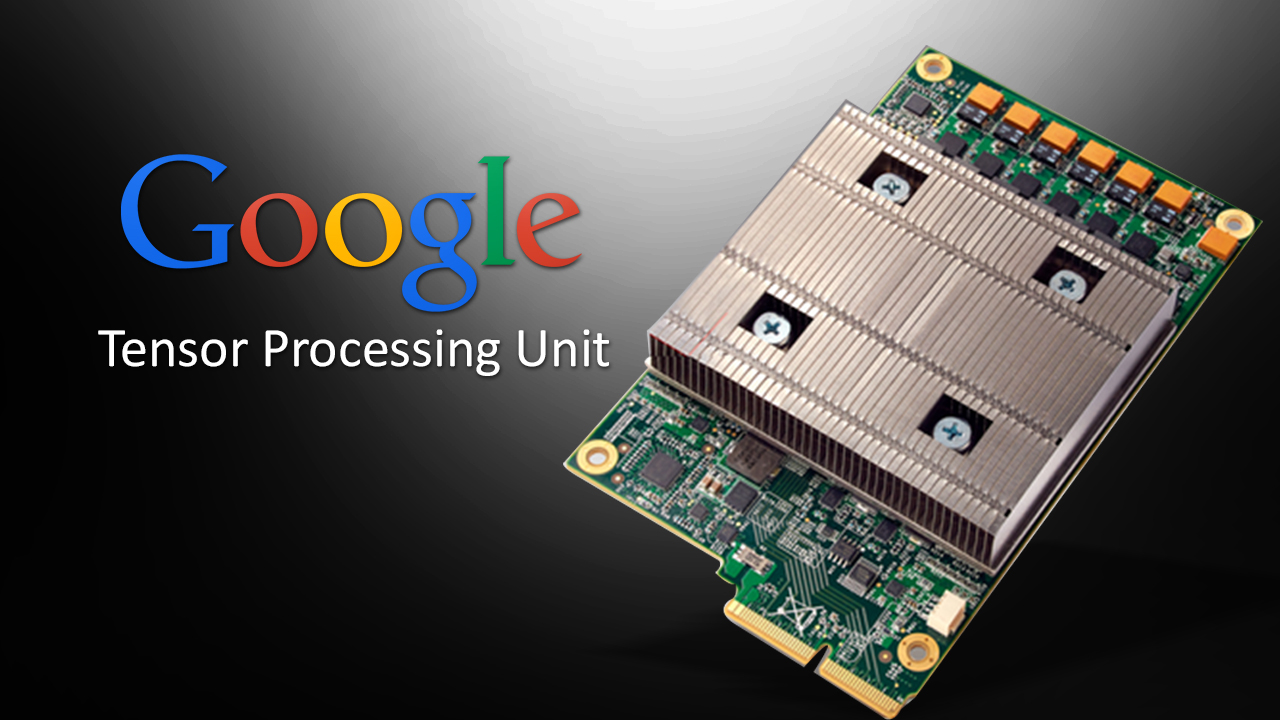 EMERGING TECH
EMERGING TECH
 EMERGING TECH
EMERGING TECH
 EMERGING TECH
EMERGING TECH
A stealth startup founded by a number of Google Inc. veterans who may be working on next-generation artificial intelligence-based computer chips has raised $10.3 million in venture capital funding, according to one report.
CNBC stumbled across the funding round for the company known as Groq Inc. via Securities and Exchange Commission filings from October and December last year. The company is said to consist of key creators of a team at Google that was developing its Tensor Processing Unit, which is an application-specific integrated circuit developed specifically for machine learning.
Chamath Palihapitiya, founder and managing partner of Social Capital and part-owner of the Golden State Warriors basketball team, apparently is backing the company. Jonathan Ross, the former Google engineer who helped invent the TPU, and former Google X employee Douglas Wightman were named as principals.
“We’re really excited about Groq,” Palihapitiya told CNBC. “It’s too early to talk specifics, but we think what they’re building could become a fundamental building block for the next generation of computing.”
Google first disclosed its AI chip in May 2016. The chip itself use TensorFlow, a software engine that runs Google’s deep neural networks and was claimed at the time to be able to run machine learning algorithms 10 times faster than publicly available alternatives.
In a followup a year later, the search giant published further details on the chips, claiming that the system it has developed beats central processing units and graphics processing units in its weight class on several key fronts, in particular power consumption. The company said it can provide 30 to 80 times more horsepower per watt than a comparable Intel Corp. Haswell CPU or Nvidia Inc.’s Tesla K80 GPU.
Given that Groq is still in stealth mode, it may be too early to speculate on exactly what it’s building. But having snatched up eight of the 10 Google engineers who were working on the TPU project, it’s highly likely that they are developing their own TPU. Moreover, Palihapitiya said they’re building a fundamental building block for the next generation of computing.
If they do manage to deliver, Groq will become a highly attractive takeover target given the race to deliver next-generation AI-focused chips. As a result, the potential benefits may be outweighed by potential risk factors, in particular a group of former Google engineers working to deliver a competing product to the one they developed while at Google. The big question remains: With multiple patents in play, can they deliver a product that is fundamentally different to the one at Google to avoid litigation down the track?
Support our mission to keep content open and free by engaging with theCUBE community. Join theCUBE’s Alumni Trust Network, where technology leaders connect, share intelligence and create opportunities.
Founded by tech visionaries John Furrier and Dave Vellante, SiliconANGLE Media has built a dynamic ecosystem of industry-leading digital media brands that reach 15+ million elite tech professionals. Our new proprietary theCUBE AI Video Cloud is breaking ground in audience interaction, leveraging theCUBEai.com neural network to help technology companies make data-driven decisions and stay at the forefront of industry conversations.